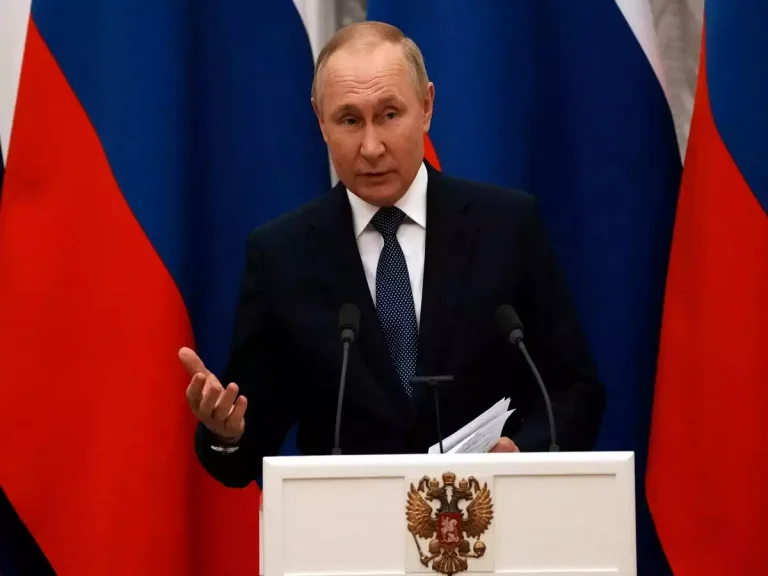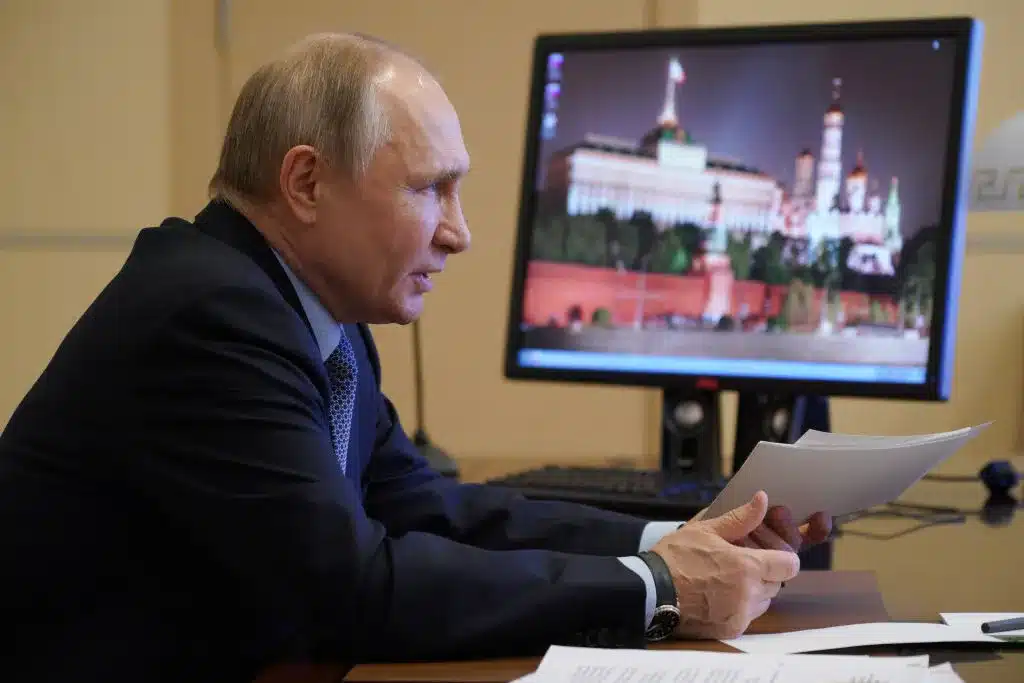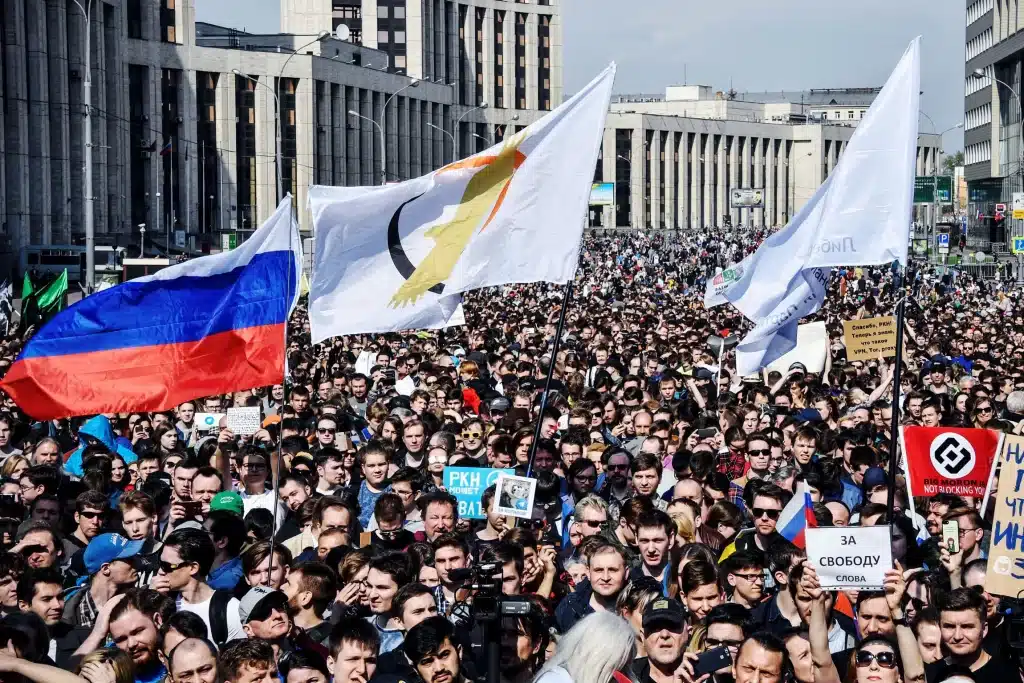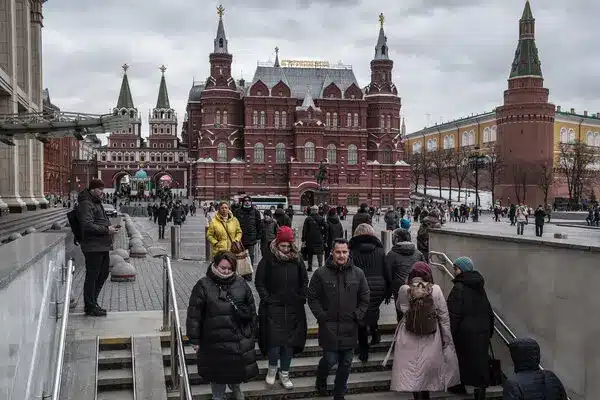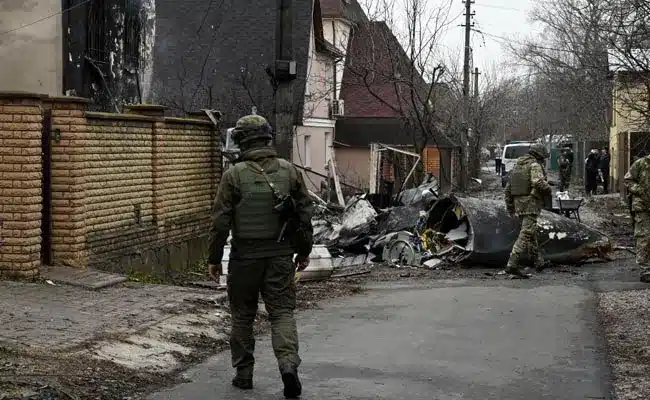There were enclaves of autonomous data as well as political speeches on the internet even though Putin strengthened his hold on the Russian population over two decades. There are no more traces of it. A virtual wall has been built around Russia separating it from the rest of the globe as The Russian President’s armed forces are bombing the civilian populace and heritage sites.
The wall was constructed at a breakneck pace by both Russian officials and global internet service providers. As a result, the accessible internet that was previously considered as a tool for Russia’s integration into the international economy has been shattered.
Big Companies Are Cutting Its Ties With Russia
The operations of TikTok and Netflix were suspended in the nation. Facebook was longer accessible. TweetDeck was taken offline while YouTube’s long-term viability remains uncertain. The likes of Samsung, Apple, Cisco, Microsoft, Oracle, and many others have either left Russia or reduced their presence there. There are no more internet titles like Minecraft and FIFA.
Since then, Russia has become a fenced-off virtual country similar to China & Syria wherein the web is strictly controlled as well as international services and criticism are censored. With just a handful of overlapped companies and minimal direct connection, the Chinese and Western internets have grown virtually totally independent over time. During demonstrations in Iran, the government has deployed internet outages.
“The vision of a free and open internet that runs all over the world doesn’t really exist anymore,” said Brian Fishman, a senior fellow at the New America think tank and former director of counterterrorism policy at Facebook. “Now the internet is lumpy. It has choke points.”
Kremlin History With Internet Censorship
Tanya Lokot, an assistant lecturer at University College Dublin who focuses on online privacy rights in Eastern Europe, says that the country’s Internet filtering measures have increased over the past few years. Initially, Mr. Putin took action against internet opponents of the administration including autonomous media sites.
Have You Read: Microsoft Ceases Sales And Purchases Of Its Services In Russia
After that, Moscow initiated a push to deploy sophisticated censoring hardware in order to delay or restrict access to services such as Twitter and other social media tools. It has shocked Russians who have relied on the web to keep informed, obtain their news, and further their professions since the war commenced.
Ever since its invasion of Ukraine on February 24, Kremlin has been more isolated. International planes aren’t allowed to fly across the country’s airspace, as well as the world’s ability to exploit Russia’s vast deposits of natural gas and oil is in doubt.
However, the Russian government’s efforts to censor the internet via the use of virtual cutoffs strike out as the conclusion of these efforts. Regulation campaigns at residence and attempts to implement a “sovereign internet” have been ongoing for decades. Major businesses finally took action as a result of the conflict.

